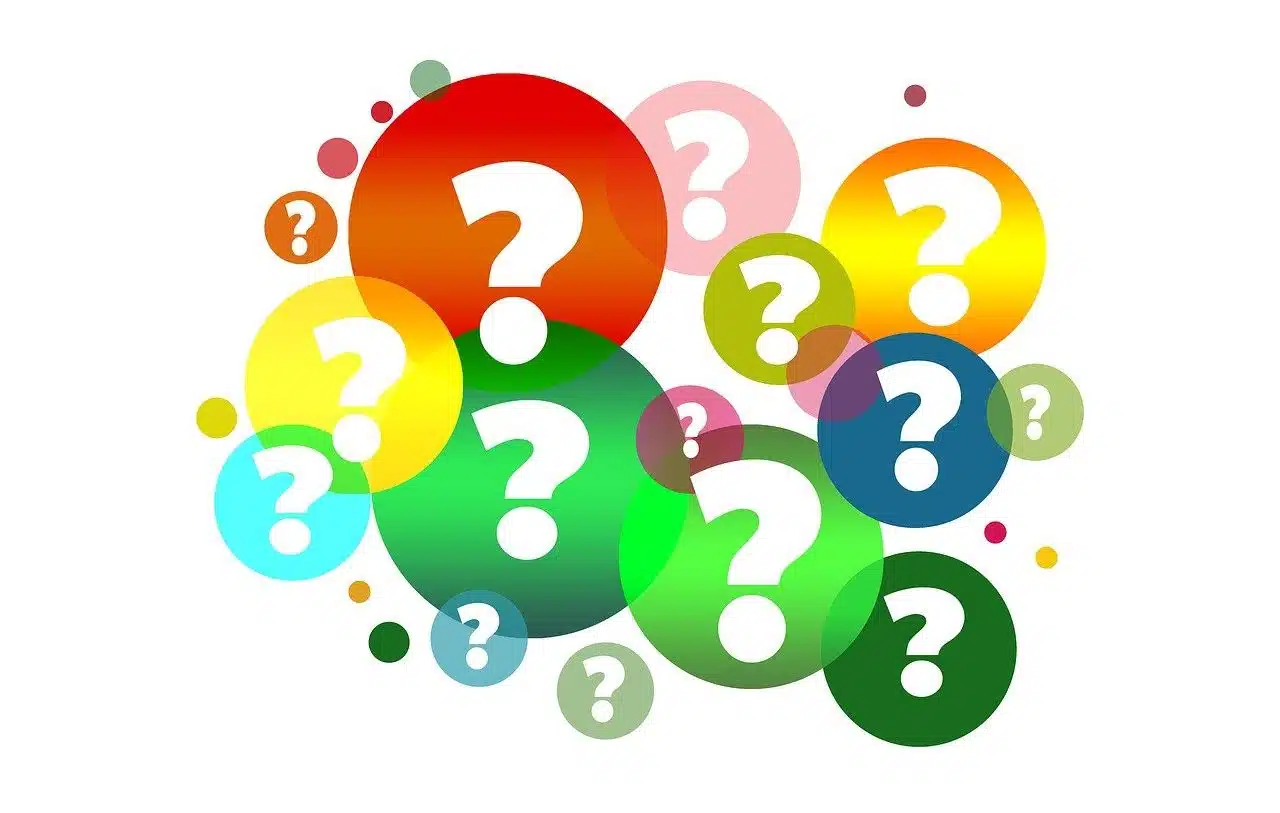
A rhetorical question is asked without intending an answer.
Rhetorical questions are those that are asked without waiting for an answer. They may not even have a specific recipient.
Generally, when we ask someone something, what we usually do is question the person in question with the aim of getting them to give us an answer with the information we are looking for. In this way, we can ask where an address is or what time it is, to name two frequently asked questions.
However, that does not happen with rhetorical questions. These questions can be considered as a literary figure or an expressive resource . Unlike the rest of the questions, which aim to obtain information from the interlocutor, rhetorical questions try to get the listener to reflect on an issue or adopt a change in their behavior .
Examples of rhetorical question
Suppose a young man tells a friend that he plans to cross an avenue with his eyes closed to make a joke. Hearing the idea, the other boy asks: "Are you crazy?" . This question does not wait for an answer, but rather tries to get the other person's attention so that they change their mind.
Rhetorical questions are frequent in relationships in which there is an authority and a subordinate . A teacher, in this way, can ask a student: "How should I ask you to be silent while I teach?" . Another possibility is for the mother to question her son: "What language should I speak to you so that you will listen to me?" .
It should be noted that rhetorical questions can even be questions of oneself : "What is happening to me today?" , "Why am I making the same mistake again?" . Furthermore, the rhetorical question, which is also known as the erotheme , is a figure that can contain the answer in itself, or can be used to know that it is not possible to find a precise or satisfactory answer.
One of the uses of the rhetorical question revolves around emphasizing a feeling or an idea , and many authors of various literary genres, if not all, have taken advantage of and continue to take advantage of this resource to intensify their works and give them more depth, to generate a open door that the reader must explore, even if it does not lead to a specific point.

A rhetorical question can contribute to reflection.
The concept in literature
Let's look at some of the rhetorical questions that have appeared in the works of well-known writers throughout history : "Why this restless, burning desire?" , from the poem "A Jarifa, in an orgy" by José de Espronceda; «Will you, love, be a long goodbye that never ends?» , from the poem "Will you be, love...?" by Pedro Salinas; «Where is the green joy if a bad wind turns it black?» , by Rafael Alberti ; or "Who can get me out of this cruel moment when I can barely stand because my body is dead?" , from the poem “Dying inside” by Claudia Prado .
A clear difference that can be seen between a rhetorical question used in the field of poetry and one belonging to everyday speech is that the former can contain several ideas carefully interwoven, or that arise fearlessly from the depths of the soul and raise an endless number of ideas. of new questions, which make the question a starting point for introspection, while the second usually focuses on a well-defined problem and is generally issued in the form of a complaint or lament that is easy to understand, although not to resolve.
On the other hand, given that the art of writing arises from an exploration of one's own feelings and experiences, the rhetorical question as a figure used in a literary work has more possibilities of finding an answer, or at least of guiding us towards it, while than the everyday « Why does everything happen to me? » - which should be able to be answered with a simple « because you are not responsible », « because you hang out with the wrong people » or « because you leave everything until the last minute », for example – seems to be repeated eternally due to the lack of reflection that is increasingly self-reflective. of the human being.
